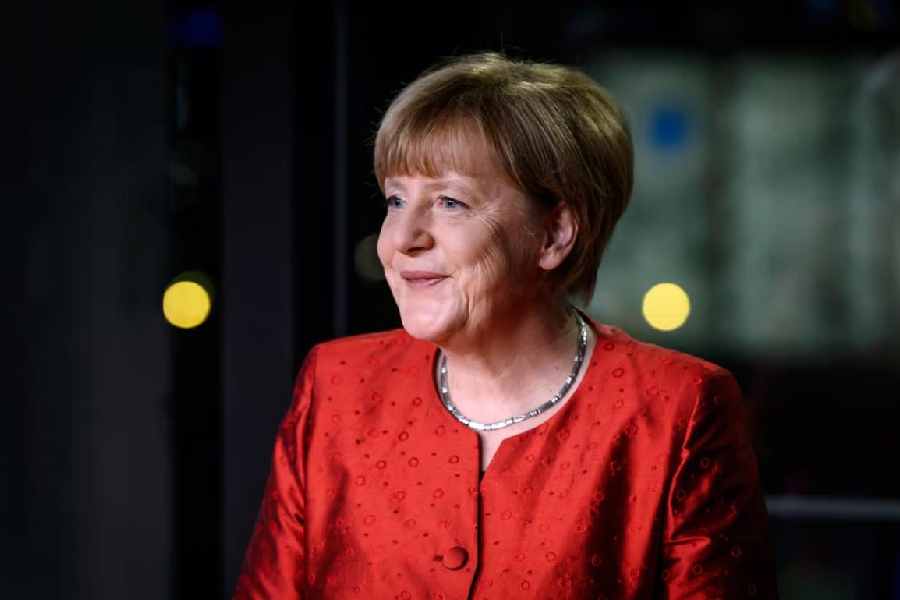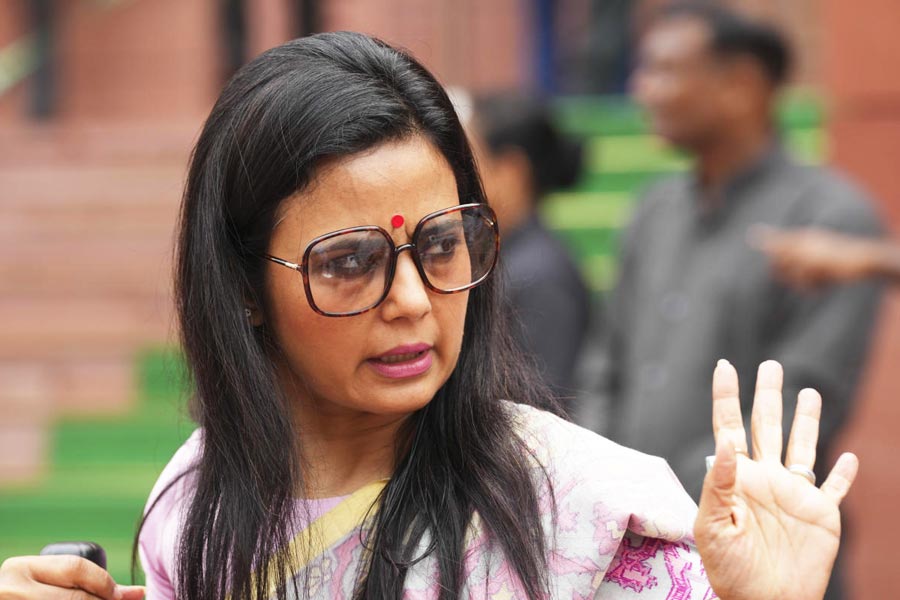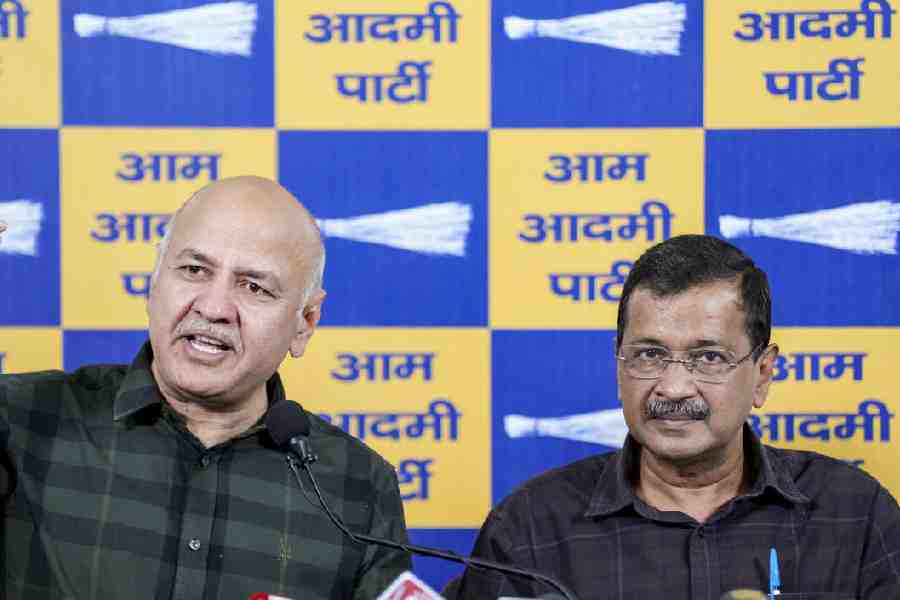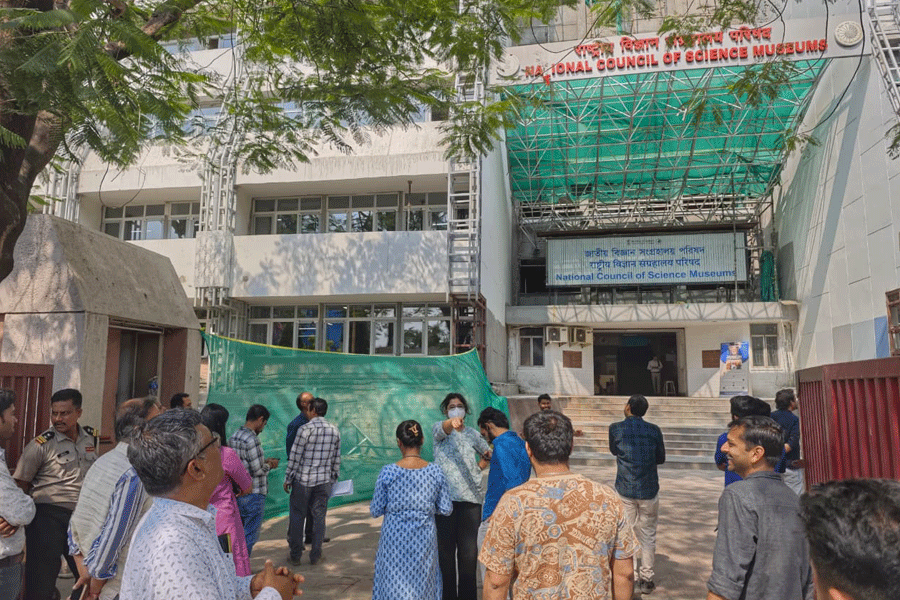Book: FREEDOM: 1954 - 2021
Author: Angela Merkel
Published by: Macmillan
Price: Rs 1,999
When Angela Merkel stepped down as chancellor of Germany in December 2021, it felt in many ways like the end of an era. For the past sixteen years she had been, for better or for worse, the voice of Germany as well as the voice of Europe, defending compromise and negotiation in a multilateral world. Born in Hamburg, she became chancellor as the reunification of the country was still under way. As she admits, “until the very last day I held any political responsibility, I would be haunted by the question of when and how German reunification might actually be complete.” She steered her country, and Europe, through crises and momentous events: the 2008 financial crisis, refugees coming from Syria, commercial issues with Donald Trump’s America, Covid, Russia’s annexation of Crimea followed by its invasion of Ukraine. There are two books into one in her memoir. The first is a reflective, honest, moving account of growing up under the communist regime in the northern part of East Germany, of being a student in Leipzig and of working in East Berlin. The second is an almost day-to-day account of the political events over which she presided, of her stance and decisions, sometimes apologetic, sometimes principled. Written with the help of her close adviser, Beate Baumann, this second part takes her readers through events in considerable, but not always gripping, detail.
Merkel’s political career was shaped by these early years, by her ingrained belief in freedom, the word she chose as a title for her memoir and to which she returns in the Epilogue. She recounts them with simplicity, stating the facts of her upbringing as the daughter of a parson in an officially atheist country, grateful to her parents who taught her how to make independent decisions. She tells of the two worlds in which they lived as children, (“One was school, the other our private lives before and after”) of living constantly on the edge. She takes her readers through the consequences, for her family, as well as for millions of others, of the construction of the Wall. She remembers the shock of hearing about the suppression of the Prague Spring. She relates encounters with the political police of the regime, the infamous Stasi, which tried to recruit her as an informer, and of surveillance during compulsory lectures on Marxism-Leninism. But the feeling which, to this day, inhabits her is “superiority in relation to the state’s efforts at discipline and intimidation”. This life story culminates with the fall of the Wall, with which she opens her memoir.
She is at times capable of ironic distance, of a light-heartedness, which never left her. At other times, she formulates the life-shaping questions which she faced in East Germany. There are, of course, fault lines in her political career and in her account of events — the intransigence of her government during the euro crisis, convoluted explanations for Germany’s dependency on Russian gas, her cautious approach to Russia and so on. But her answers are always principled and understated, as when she draws a lesson from Helmut Kohl’s Ten-Point Plan for the reunification of Germany: “following one’s own moral compass in certain situations and genuinely assuming ultimate political responsibility.” Merkel herself followed this example at important moments in her political career, perhaps with greatest effect when she decided to welcome the Syrian refugees in 2015: “We can do this.” This phrase, as she recounts, has been violently thrown back at her, but it also underlines the principles by which she lived, the respect for the dignity of individuals, and the pragmatism which governed her actions. At a time when some European countries have embraced the rhetoric of flux and influxes of migrants and refugees, she remarks: “I had entered politics in 1990 because people interested me. People, not influxes or anonymous masses. And my country was and is one that sees the individuals, even if their wishes cannot be met.” In this also, it feels like the end of an era.










